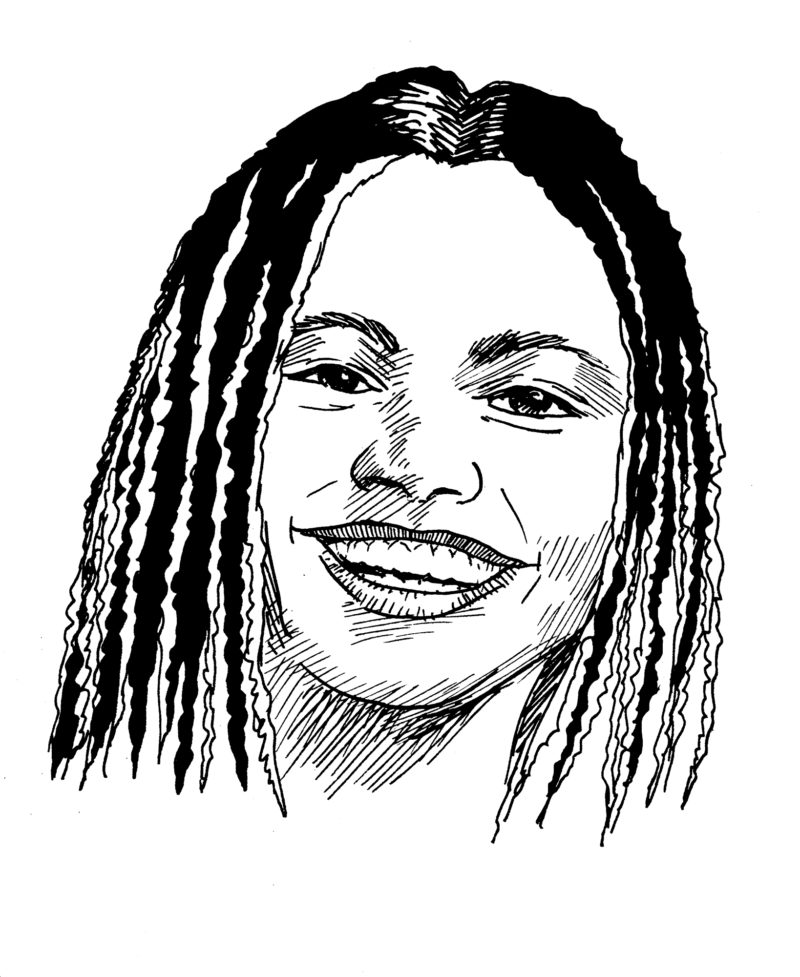After a fifteen-year career as an actress (including roles in The Silence of the Lambs, Fear of a Black Hat, The Five Heartbeats, and Candyman, among other films), Kasi Lemmons burst onto the late-1990s indie film scene with Eve’s Bayou, a debut feature so lush, spiritual, and layered that it would take some time for many viewers to really understand it. When the film was released, in 1997, it hit me in the gut in a way that was simultaneously familiar and enchanting. Eve’s Bayou is the story of a Creole family in a quaint Louisiana parish headed by a devilishly attractive country doctor, but run by a trio of fierce women, one of whom just may be a witch. Although it is tonally in kinship with other favorites of that era—The House of the Spirits, Like Water for Chocolate, Daughters of the Dust—Eve’s Bayou was not like anything I’d seen before in the cinema. The intricacy of the Batiste family’s parlor recalled the sensibilities of my maternal grandmother, who came from a large multihued clan in Mississippi, and the fitted bodices of their day dresses brought to mind my paternal grandmother, a seamstress from Oklahoma by way of Texas. Upon rewatching it nearly a decade later, while teaching the film, many of the nuances of “grown” womanhood became discernible to me, and I realized what an extraordinary portrait of Black femininity it was—replete with our strengths, frailties, styles, and anxieties.
Eve’s Bayou was a feat for a first-time filmmaker and introduced audiences to then child actors Meagan Good and Jurnee Smollett-Bell, and also reintroduced non–soap opera audiences to the inimitable Debbi Morgan, showed a sophisticated and dashing side of Samuel L. Jackson, and helped to cement Lynn Whitfield’s cinematic persona as the long-suffering lioness. Perhaps the most magnificent triumph of the film is the against-type casting of the late glorious Diahann Carroll as the village bruja (the sound of her taunting the Batistes while covered in white face paint in the open-air market is forever seared in my brain).
After Bayou, Lemmons went on to defy the institutional restrictions that her Black filmmaker peers described to The New York Times as a “sophomore curse.” She has had a bountiful career—including directing five feature films and several television episodes, writing screenplays, and teaching. Lemmons recently wrote the libretto for Fire Shut Up in My Bones, based on Charles Blow’s memoir, which was commissioned by the Opera Theatre of Saint Louis, and she has recently...
You have reached your article limit
Sign up for a digital subscription and continue reading all new issues, plus our entire archives, for just $1.50/month.
Already a subscriber? Sign in





